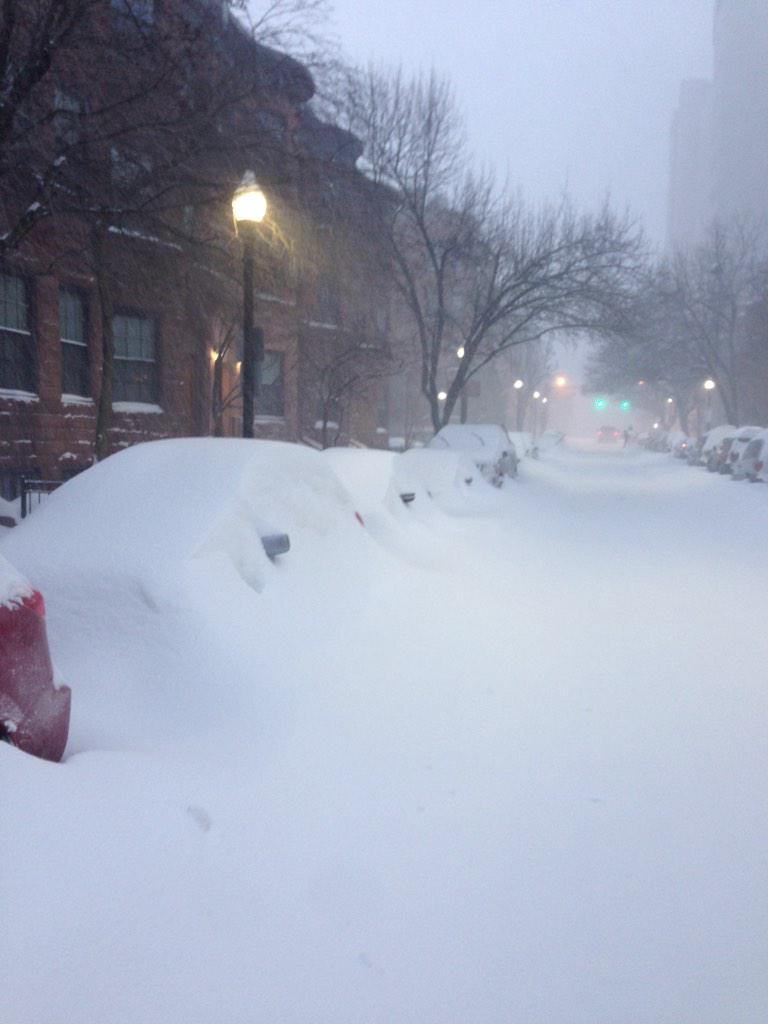Upon planning my stay at Duke University, North Carolina, I decided to move from the airport to the campus by public transport. The connections for the 25 km ride looked fine: one smooth changes, one hour total travel time. And with a fee of $ 2,25, it was incredibly cheap.
When leaving the ultra-modern arrival hall at the Raleigh-Durham International Airport, I was facing a long, long line of bus stops. Each one painted in a different color and lit from inside. Buses passed pretty much every second in high speed, unless they suddenly braked for dropping and receiving passengers. Wow. This looked like Mumbai, Hong Kong or New York on a busy night. In the middle of Republican stronghold North Carolina!
Alas, the first impression was deceptive.
What looked like myriads of public transport buses that would bring passengers to the surrounding cities of Raleigh and Durham, or to the many university campuses, were buses owned by rental car companies. They would pick up the passenger at the exit of the airport building and bring them in no time to their offices some 500m away. Unfortunately, the Raleigh-Durham Int'l Airport has not as many passengers as Heathrow, Schiphol, or Frankfurt, and so, most of them were quite empty. But of course, one cannot expect a customer to wait two minutes for the bus.
The Alamo buses displayed another stunning feature: the slogan “Sharing buses to protect the environment” was printed on each bus. Probably they meant that the sole passenger would share the bus with the driver. Once, even two of these buses stopped next to each other.

I asked one of the airport stewards about the bus stop.
“The rental car buses?”
“No, the regular buses.” The proverbial question mark emerged in his face. “Public transport”, I added.
And he showed me where, under the innumerable neon-lit stops for rental car buses, taxis and special pick-up services, the tiny, modest and not at all fancy bus stop of line #100 could be found.
I was the only person waiting for the bus.
After a couple of minutes, an attractive lady joined me. Cool, I thought, at least one fellow passenger. She even started a conversation: “Are you also going downtown?” I denied and added that I was heading to Durham. “Ah, okay”, she said. The conversation silenced and one minute later, she joined a rental car bus that must have been late. I was thrown back into solitude and started to reflect on what made me look so pitiable that complete strangers would offer me a ride to town.
When I entered the bus, I found out that it was not about me. It was just that I was the only White person on board of the bus. Almost 50 years after Martin Luther King's death, there still seems to be some form of segregation. It was not that the Black people on the bus looked particularly poor---it just seems to be a cultural thing that Whites don't take the bus. And this impression was confirmed on each single ride.
The buses were fantastic, by the way. Comfortable, clean, with modern ticket machines, free schedules, free wifi, free bike racks at the back, etc. And the schedules were well tuned to each other. Some clever people in the Research Triangle (the region containing Durham and Raleigh) had done their job well.
Driving through Mediterranean woodlands in the fading light of the day, I relaxed a bit and wondered how much a cab would have cost me.
Then we approached the Regional Transit Center. For a transit center on a Thursday evening, it looked a bit empty. Actually, it was just a big parking lot in an industrial area in the middle of nowhere. No sales kiosk, no snacks/drinks booth, no human being visible.
“It is not exactly the Gare de Lyon”, a guy next to me with a big “New York” cap said to me.
I wouldn't have mistaken it for Etten-Leur on a rainy Monday night.
A couple of minutes after we left the bus, more buses came in. They waited for each other to make sure everybody got his connection. The system worked. Some 30 minutes later, I left the bus in front of the apartment where I was staying and asked myself how much money all the people in the cabs must earn.
















